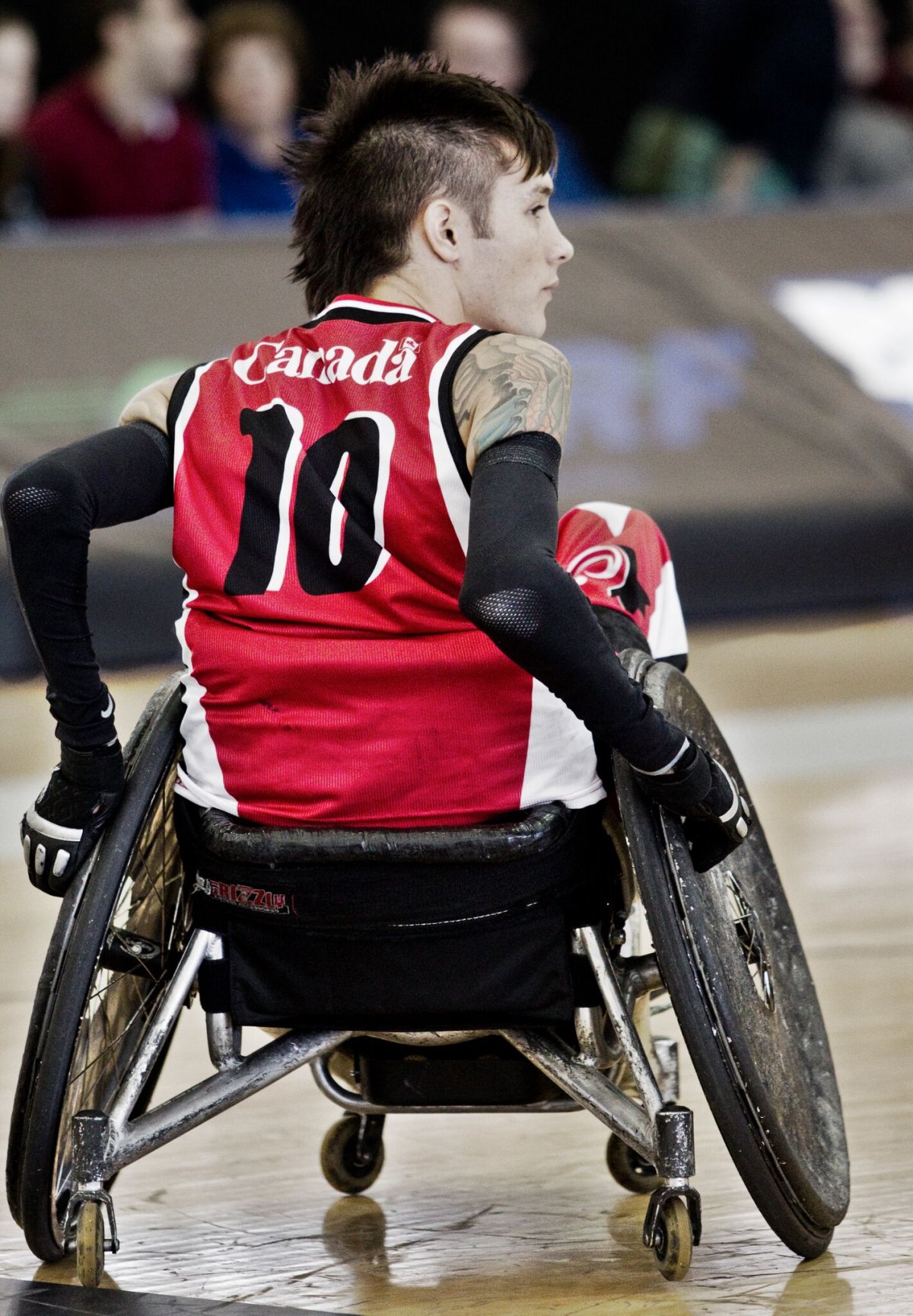Thirty-two-year-old wheelchair rugby player Trevor Hirschfield is hoping to complete his medal set in Rio.

The Vancouver Island native and two-time Paralympian won a bronze medal in Beijing, silver in London, but his sights are set on the ultimate prize when he travels to Brazil’s capital this Thursday to take part in the Paralympics.
Ironically, Hirschfield never envisioned himself becoming a Paralympian.
Sixteen years ago, Hirschfield’s van slid down an embankment into a tree on a logging road on Vancouver Island, leaving him paralyzed from the neck down.
Hirschfield spent six months at GF Strong Rehabilitation Centre in Vancouver as the result.
It was his recreation therapist, Duncan Campbell, who encouraged him to give wheelchair sports a try. Campbell also happens to be the co-inventor of the sport now known as wheelchair rugby.
Hirschfield has never looked back.
He’s been on the national team since 2006 and will now co-captain Team Canada’s wheelchair rugby team in Rio.
Today, Hirschfield and a number of other Paralympians will encourage people with newly acquired disabilities to have a go at wheelchair sports.
Hirschfield says he was very active before his injury, and that was something that was missing for him in his recovery.
“It was a big selling point for me as well,” he says. “I found something that gave me that same feeling.”
The Paralympic Games kick off in Rio de Janeiro on Sept.7.




Comments